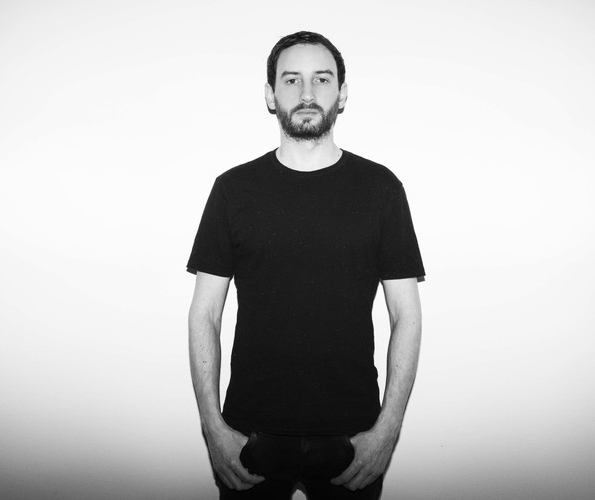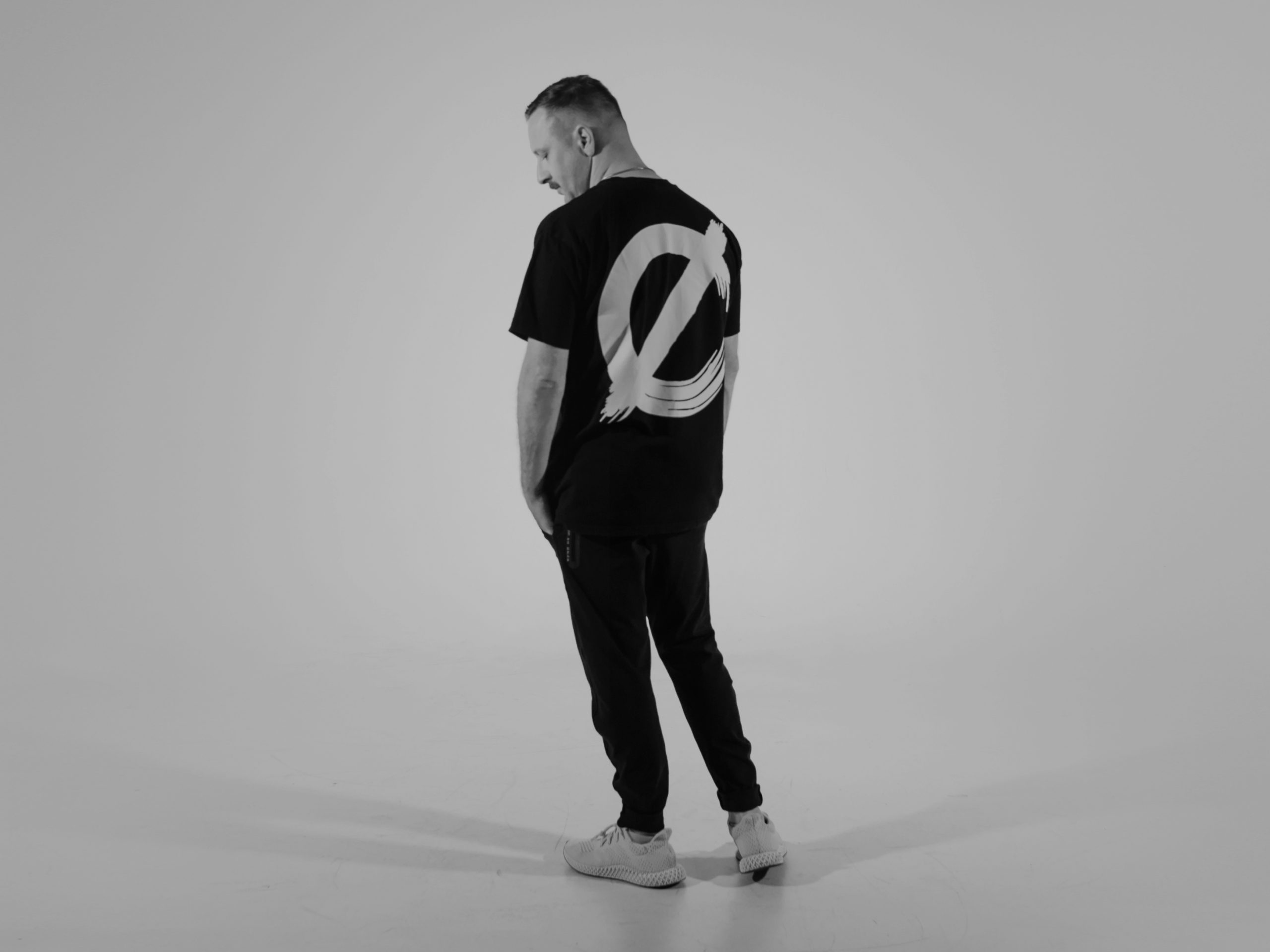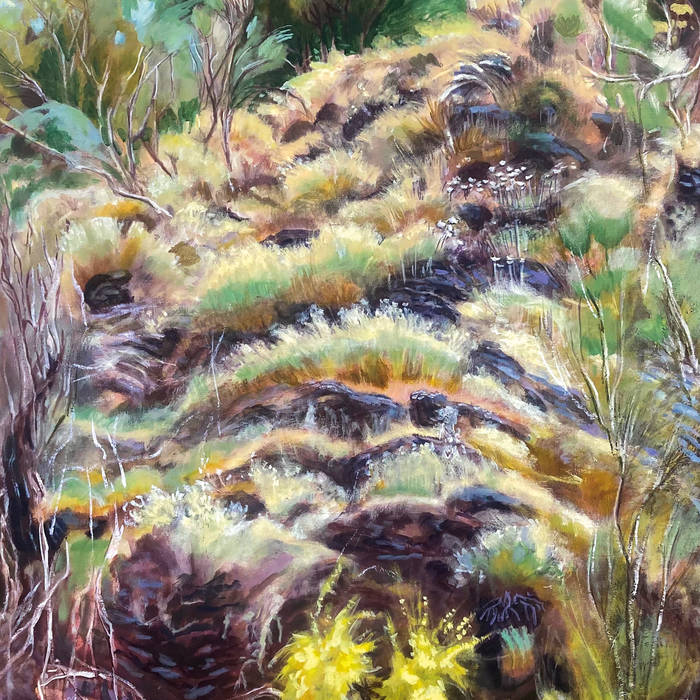In conversation with Max Cooper
Interview by Shannon Lawlor
Max Cooper is an experimental-electronic musician currently based in London. For over a decade now, Cooper has been both a perpetual cog in the underground electronic steam-engine, and a driving force in the ambient and techno scenes. Since 2007, Cooper has released a plethora of remixes (including Ólafur Arnalds, Nils Frahm, Sasha, Marc Romboy, Hidden Orchestra, and the list goes on). In 2016, Cooper released his latest hypnotically-textured LP Emergence via Mesh, met with much critical praise and acclaim.
Now, Cooper has been enlisted to curate a selection of mixes by various producers, a series known as Balance. Max Cooper’s Balance 030 features mixes, or renditions rearranged by Cooper himself, including tracks by Rob Clouth, Tim Hecker, Lusine, Rival Consoles and many, many more, taking his trusty texturural and atmospheric production techniques, and turning it up a notch or two.
We spoke with Max Cooper on 3D-immersion, experimentation and his latest entry in the Balance series, 030:
For those unfamiliar to Max Cooper’s textural-bliss, how would you personally describe the music you produce?
Primarily, it’s just a simple expression of how I feel during the creation process. Usually using chords and lots of microstructure for communicating these feelings. I often work to visual scenes as well, with lots of video collaborations. And I love storytelling in a musical context, with lots of growth and development as you listen to a single track. The other main element is my attempts to envelop you inside each piece with lots of psychoacoustic signals, little stereo tricks which make it feel like sounds are moving all around you in a 3D environment, although that side of things only works well with headphones.
Curating the next Balance Compilation series (030) must be quite the humbling experience – featuring influential artists such as Nils Frahm, Lusine, Geotic, Tim Hecker, Atoms for Peace, and many more. What did you take from this compelling experience?
It’s always a pleasure getting to play around with such great production and artistry in the studio – I treated the mix more like a production project than a normal DJ mix, augmenting and rearranging nearly every track to bring in my binaural elements and detailing and bring genres together which would never mix under normal circumstances. So it was a big project, the most in-depth mix I’ve tried so far, and it was a lot of fun.
Your last immersive offering Emergence was released in 2016 via Mesh. Could you detail this recording process, and how it may have differed to creating 2014’s Human?
Emergence (videos and more information HERE) was the first project that began with a visual concept, the story of natural laws and processes, and how they give rise to everything around us. I designed the visual story first, and then built the music and live show around that. It’s an approach that was very rewarding artistically in terms of pushing me in new directions, and in terms of all the inspiring collaborations with visual artists. So it’s an approach I’m continuing with.
Collaboration definitely seems to be an intrinsic part of what you do best – but if you could choose that one dream collaboration, who would it be with, and why?
If you allow for deceased collabs, then Jackson Pollock, the depth, humanity and precision of his work which might appear chaotic at a glance, is a treat.
So far, during your travels performing and touring – are there any parts of the world where you’ve received a surprisingly, unexpected or over-joyous response?
Juarez and Beirut spring to mind, as does Johannesburg, Prague, Amsterdam, it’s impossible to predict with much certainty, but often the places touring artists get to least have the most interested audiences.
In 2012, you released an EP featuring Montreal-based indie band Braids. How did this unexpected collaboration come to life? And what was it like working on music outside of your conventional mastery or skill set?
There was a natural link to Braids musically in terms of the feelings they work with, so it was a good fit for a collab. The most challenging collabs for me have been those in the visual realm, such as Hyperform with Moatik, and Aether with ASC. In those projects I needed to design music to fit with a new visual language, and also function in the context of a live performance.
Those new tools then feed back into my productions, so in general I’m always looking for the most unusual ways I can explore music, which lead to the creation of the Mesh record label, specifically designed for music which is part of wider arts and sciences collaborations.
Are there any pieces of equipment, instruments, hardware or software that you feel are absolutely essential in producing your original and signature sound?
I’ve always changed my software and hardware usage over the years, so my sound isn’t totally dependent on any one system, although I do love Max for Live, which opens up Ableton to a lot of interesting modulation and chaos which I rely on heavily these days. But in general, it’s all about a personal style preference which I can achieve with any platform via a process of expression, experimentation and painstaking fiddling. So I’ll start with the concept and feelings, any visual ideas and forms, all of that goes into the basic chords, melody, rhythmic arrangement and timbral palette, all in rough form. Then there’s a long process of experiments with synths and effects, to create some life and movement in the idea, and lots of mess. Then an even longer period of sculpting away the edges to edge ever closer to a final form which is hopefully consistent. Sometimes it doesn’t work though, but old failed projects often become a rich source of elements for new tracks.
Any personal favourite releases of the year on your playlist so far?
On my playlist at the moment it’s Permutation City by Greg Egan, which I’ve finally got stuck into after many years of recommendations, and it’s living up to the hype. Musically, No Home of the Mind by Bing and Ruth, Sensorimotor by Lusine, of course, and Rival Consoles, of course! I spend a lot more time listening to audiobooks than music though, there’s so many amazing ideas out there to find out about. Welcome to the universe by Neil deGrasse Tyson was another recent one which was great for some minisculing perspective on all of this (our insignificant lives!), and the Mystery of the Aleph by Amir D. Aczel was a fun and thought provoking listen too. The other main one I’m loving at the moment which only comes in standard book form is “A beautiful question” by Frank Wilczek, exploring the foundations of natural law.
What does the future hold for Max Cooper?
I’m touring around the release of my new Balance compilation project at the moment, then I’ll have another big release project later in the year, and a new AV show, followed next year by an exciting new live Piano project involving one of my all time favourite composers. We’re also starting to tour the Aether project, a live 3-dimensional light field which you can explore!
Order Balance 030 by Max Cooper
For more information follow Max Cooper on Facebook



Leave a Reply